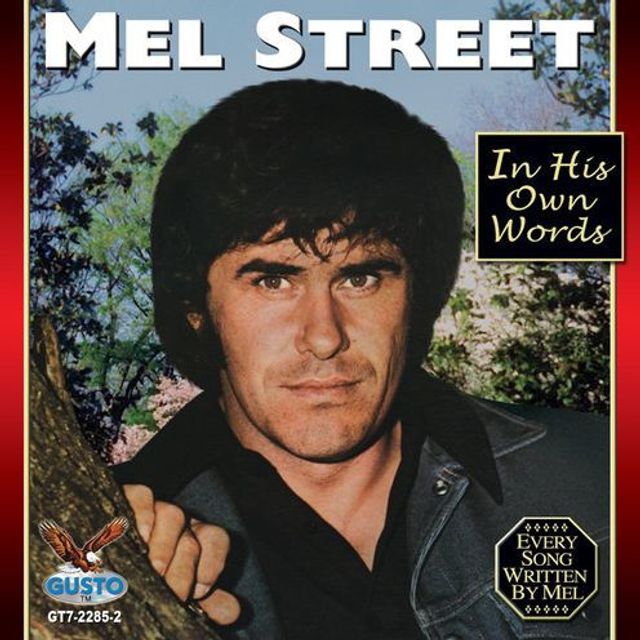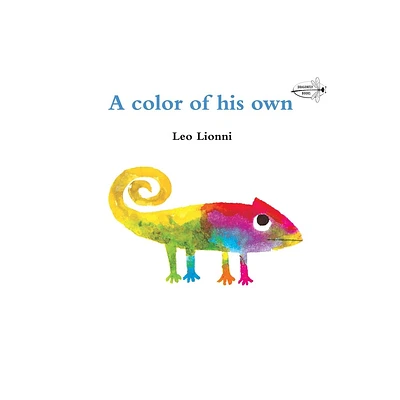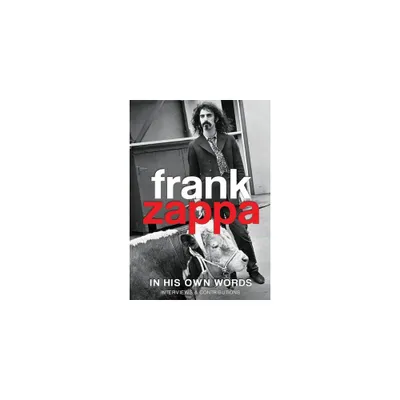Home
the Priest is Not His Own & Calvary and Mass
Loading Inventory...
Barnes and Noble
the Priest is Not His Own & Calvary and Mass
Current price: $29.95


Barnes and Noble
the Priest is Not His Own & Calvary and Mass
Current price: $29.95
Loading Inventory...
Size: Hardcover
*Product Information may vary - to confirm product availability, pricing, and additional information please contact Barnes and Noble
THE PRIEST IS NOT HIS OWN & CALVARY AND THE MASS
Two of Archbishop Fulton J. Sheen's best-selling books have been brought together in one special collection.
The Priest Is Not His Own
is far more than a book for priests or for those considering the priesthood as a vocation. In these penetrating, deeply pondered discussions of the priesthood, Bishop Fulton J. Sheen has produced a work of lasting value, a book that will perhaps change many hundreds of lives, and certainly a book that will also interest readers who have no direct concern with the priesthood as a calling.
Drawing on his profound knowledge of Scripture, Bishop Sheen is able to describe the exact and true significance of the individual priest, and in vibrant detail, his constant, unending sacrifice-as victim.
In considering the priest's many obligations and roles, and his ever more gratifying fulfilment of them, Bishop Sheen has created a series of unsurpassed meditations. It is a very concrete guide to the many ways in which each priest can enrich his own spiritual life, as well as the lives of all those around him.
The Priest Is Not His Own is the work of a great and beloved inspirational leader - a world-famous priest himself writing eloquently and insistently to his colleagues and to those who would join him in a calling he understands and has most brilliantly realized.
Archbishop Fulton Sheen brings the life of the Priesthood of Christ into terms of sacrifice, suffering, and vindication. This book is amazing in that while it speaks primarily to the ministerial Priesthood, the lessons learned can be translated easily to the priesthood of the faithful through Baptism. The depth of this teaching of what a priest "is," and not what a priest "does," is amazing.
Quoting from Fulton Sheen's book
Calvary and the Mass
, he writes:
The Seven Last Words are like the seven parts of the Mass. And just as there are seven notes in music admitting an infinite variety of harmonies and combinations, so too on the Cross there are seven divine notes, which the dying Christ rang down the centuries, all of which combine to form the beautiful harmony of the world's redemption.
Our Lord on the Cross saw His eternal mind, the whole drama of history, the story of each individual soul and how later on it would react to His Crucifixion; but though He saw all, we could not know how we would react to the Cross until we were unrolled upon the screen of time. We were not conscious of being present there on Calvary that day, but He was conscious of our presence. Today we know the role we played in the theatre of Calvary, by the way, we live and act now in the theatre of today.
That is why Calvary is actual; why the Cross is the Crisis; why in a certain sense the scars are still open; why Pain still stands deified, and why blood like falling stars is still dropping upon our souls. There is no escaping the Cross, not even by denying it as the Pharisees did; not even by selling Christ as Judas did; not even by crucifying Him as the executioners did. We all see it, either to embrace it in salvation or to fly from it into misery.
But how is it made visible? Where shall we find Calvary perpetuated? We shall find Calvary renewed, re-enacted, re-presented, as we have seen, in the Mass. Calvary is one with the Mass, and the Mass is one with Calvary, for in both there is the same Priest and Victim.
Two of Archbishop Fulton J. Sheen's best-selling books have been brought together in one special collection.
The Priest Is Not His Own
is far more than a book for priests or for those considering the priesthood as a vocation. In these penetrating, deeply pondered discussions of the priesthood, Bishop Fulton J. Sheen has produced a work of lasting value, a book that will perhaps change many hundreds of lives, and certainly a book that will also interest readers who have no direct concern with the priesthood as a calling.
Drawing on his profound knowledge of Scripture, Bishop Sheen is able to describe the exact and true significance of the individual priest, and in vibrant detail, his constant, unending sacrifice-as victim.
In considering the priest's many obligations and roles, and his ever more gratifying fulfilment of them, Bishop Sheen has created a series of unsurpassed meditations. It is a very concrete guide to the many ways in which each priest can enrich his own spiritual life, as well as the lives of all those around him.
The Priest Is Not His Own is the work of a great and beloved inspirational leader - a world-famous priest himself writing eloquently and insistently to his colleagues and to those who would join him in a calling he understands and has most brilliantly realized.
Archbishop Fulton Sheen brings the life of the Priesthood of Christ into terms of sacrifice, suffering, and vindication. This book is amazing in that while it speaks primarily to the ministerial Priesthood, the lessons learned can be translated easily to the priesthood of the faithful through Baptism. The depth of this teaching of what a priest "is," and not what a priest "does," is amazing.
Quoting from Fulton Sheen's book
Calvary and the Mass
, he writes:
The Seven Last Words are like the seven parts of the Mass. And just as there are seven notes in music admitting an infinite variety of harmonies and combinations, so too on the Cross there are seven divine notes, which the dying Christ rang down the centuries, all of which combine to form the beautiful harmony of the world's redemption.
Our Lord on the Cross saw His eternal mind, the whole drama of history, the story of each individual soul and how later on it would react to His Crucifixion; but though He saw all, we could not know how we would react to the Cross until we were unrolled upon the screen of time. We were not conscious of being present there on Calvary that day, but He was conscious of our presence. Today we know the role we played in the theatre of Calvary, by the way, we live and act now in the theatre of today.
That is why Calvary is actual; why the Cross is the Crisis; why in a certain sense the scars are still open; why Pain still stands deified, and why blood like falling stars is still dropping upon our souls. There is no escaping the Cross, not even by denying it as the Pharisees did; not even by selling Christ as Judas did; not even by crucifying Him as the executioners did. We all see it, either to embrace it in salvation or to fly from it into misery.
But how is it made visible? Where shall we find Calvary perpetuated? We shall find Calvary renewed, re-enacted, re-presented, as we have seen, in the Mass. Calvary is one with the Mass, and the Mass is one with Calvary, for in both there is the same Priest and Victim.


















